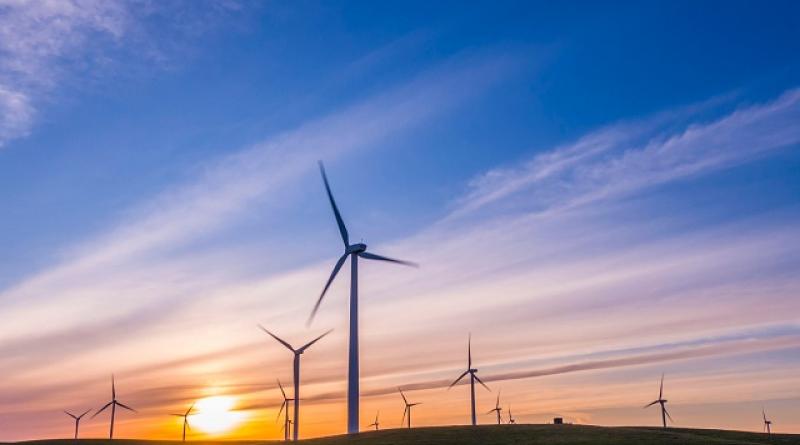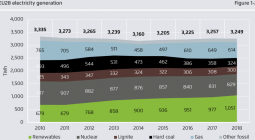Zurich Insurance Group to use 100% renewable energy by 2022.

Insurer signs up to United Nations’ business pledge to limit global warming.
Zurich has become the first insurer to commit to the UN Global Compact Business Ambition Pledge that aims to limit worldwide temperature rise to 1.5*C above pre-industrial levels, the firm announced on Tuesday.
Mario Greco, chief executive of Zurich Insurance Group, said his company sees “first-hand the devastation natural disasters inflict on people and communities”.
“This is why we are accelerating action to reduce climate risks by driving changes in how companies and people behave and support those most impacted.
“It is simply the right thing to do,” he said.
As part of its commitment, Zurich has vowed to utilise 100% renewable power, in all global operations, by the end of 2022.
It is also taking “aggressive actions” to eliminate single-use plastics and reduce internal paper usage by 80%.
Backing science
The firm added that, currently, science-based targets do not typically exist in the insurance sector for either investment portfolios or underwriting.
As part of its pledge, Zurich said it will play an active role in developing industry methodology for measuring the carbon footprint of liabilities to enable the setting up of such targets.
Zurich has also joined the stakeholder advisory group of the Science Based Target Initiative, a project to help financial institutions align their lending and investment portfolios with the Paris Agreement ambition.
Updated investment position
The insurance firm will also, generally, no longer underwrite or invest in companies that:
- generate more than 30% of their revenue from mining thermal coal, or produce more than 20 million tons of thermal coal per year;
- generate more than 30% of their electricity from coal;
- are in the process of developing any new coal mining or coal power infrastructure;
- generate at least 30% of their revenue directly from the extraction of oil from oil sands;
- are purpose-built (or “dedicated”) transportation infrastructure operators for oil sands products, including pipelines and railway transportation;
- generate more than 30% of their revenue from mining oil shale, or;
- generate more than 30% of their electricity from oil shale.




